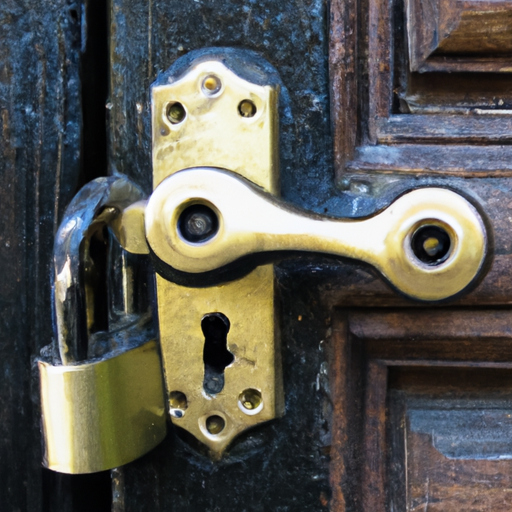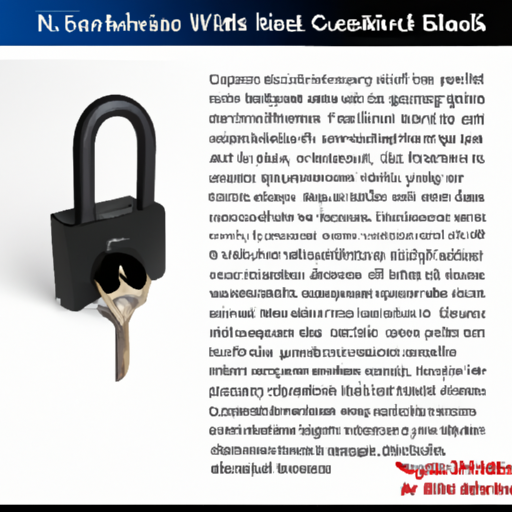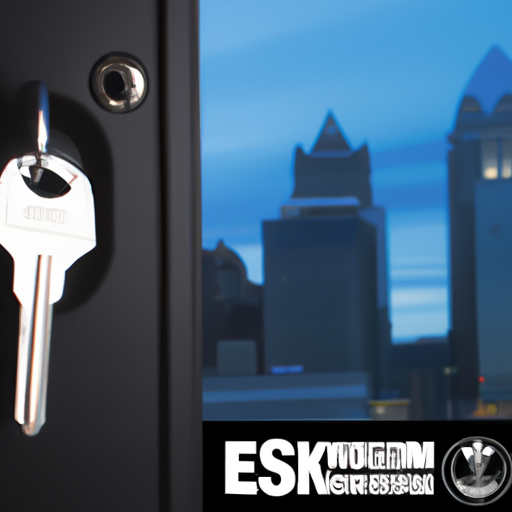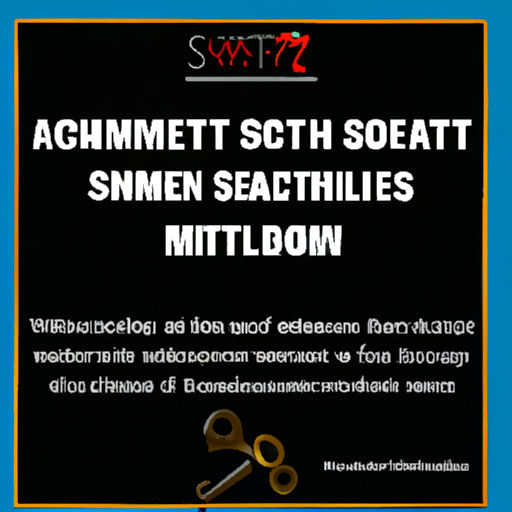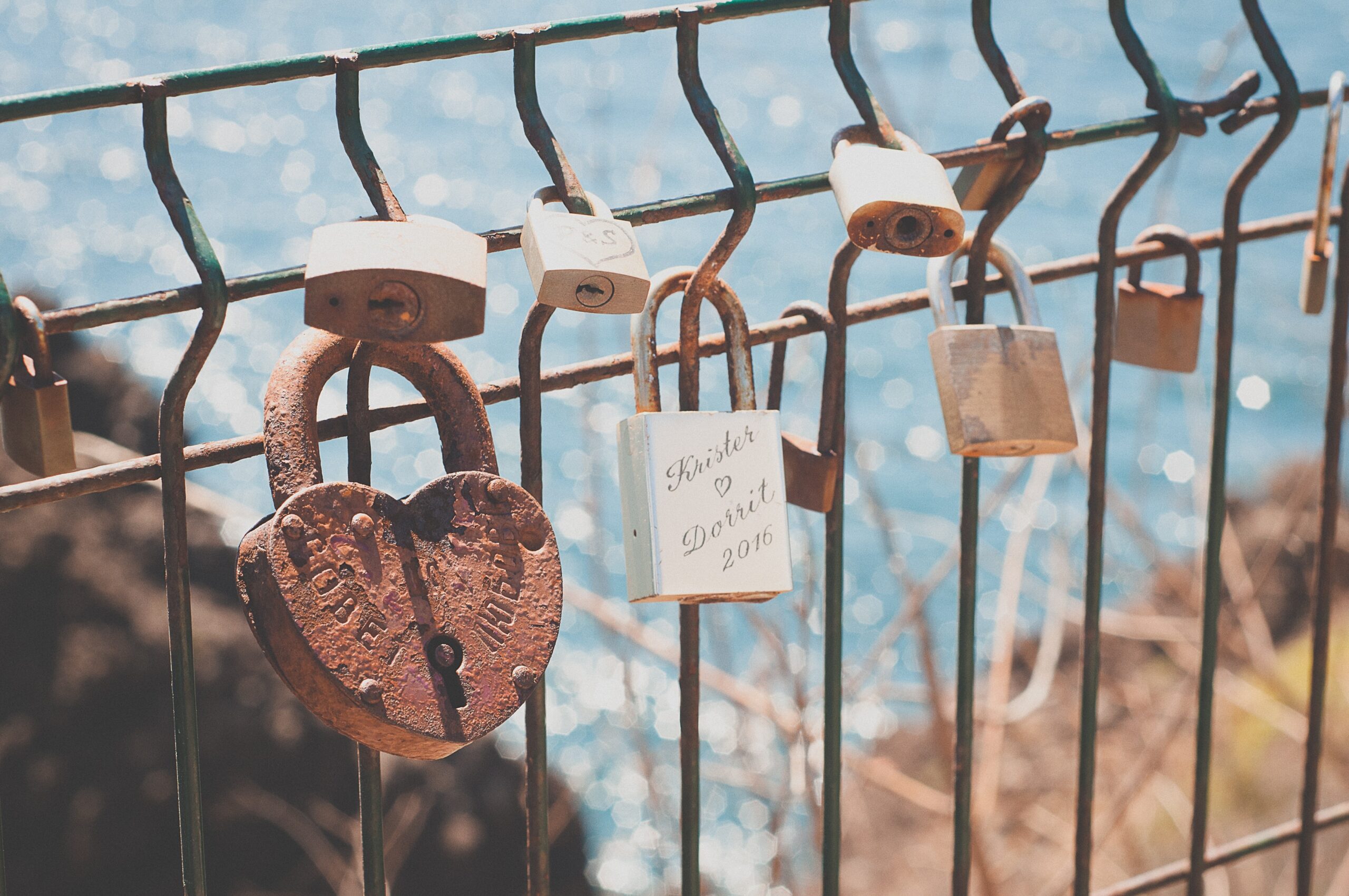
If you’re considering upgrading your door security, you may be wondering if a locksmith is capable of installing a mortise lock. The answer is a resounding yes! A skilled locksmith has the expertise and know-how to effortlessly install a mortise lock, ensuring your home or business is safeguarded against unauthorized access. With their meticulous attention to detail and commitment to providing top-notch service, you can trust a locksmith to handle the installation of a mortise lock with professionalism and efficiency. So, say goodbye to worries about the security of your property, and let a locksmith take care of your mortise lock installation needs.
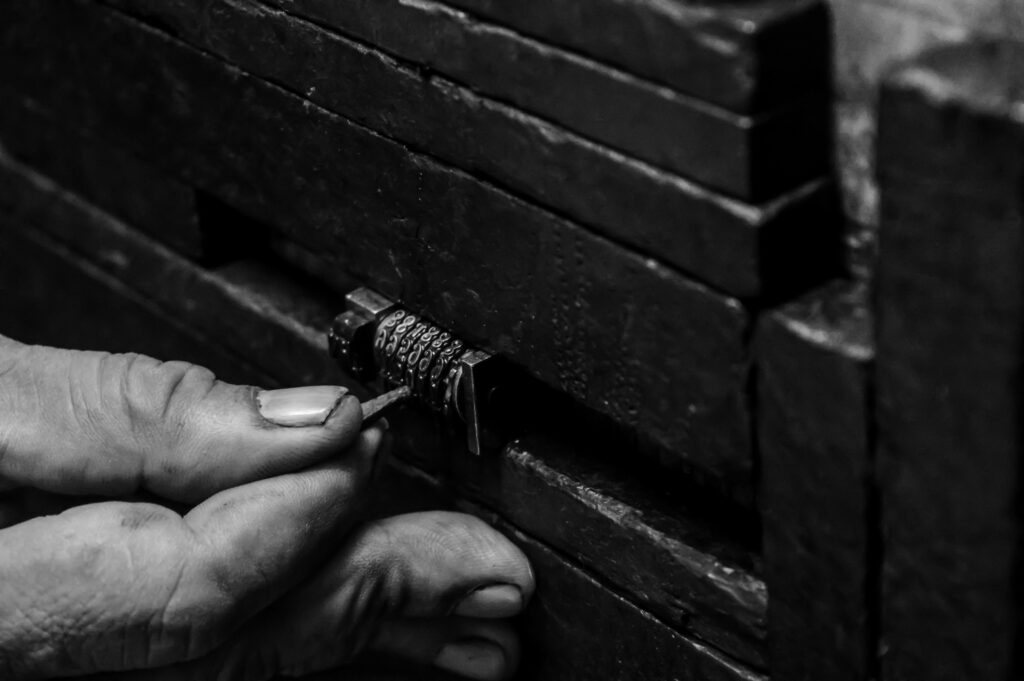
What is a Mortise Lock?
Definition and Functionality
A mortise lock is a type of door lock that is designed to fit into a recess or cavity (known as a “mortise”) within the door itself. It consists of several components, including a lock body, a lock cylinder, and a latch or bolt mechanism. When installed correctly, a mortise lock provides secure and reliable protection for both residential and commercial properties.
Components of a Mortise Lock
A mortise lock is composed of several key components that work together to provide effective security. These components include:
-
Lock Body: This is the main housing of the mortise lock, which contains the internal mechanisms that control the locking and unlocking of the door.
-
Lock Cylinder: The lock cylinder is the part of the lock that houses the keyway and allows for the insertion of a key. It is responsible for turning the lock mechanism and operating the latch or bolt.
-
Latch or Bolt: The latch or bolt is the part of the mortise lock that extends into the door frame to hold the door securely closed. It is typically operated by turning the key or using a thumbturn on the inside of the door.
-
Strike Plate: The strike plate is the metal plate that is attached to the door frame opposite the latch or bolt. When the door is closed, the latch or bolt extends into the strike plate, ensuring a secure fit.
-
Trim or Escutcheon Plates: These are the decorative plates that are installed on the outside and inside of the door to cover the lock mechanism and add aesthetic appeal to the door.
Qualifications and Skills of a Locksmith
Certifications and Licensing
A skilled locksmith must possess certain qualifications and certifications to ensure their expertise in installing and repairing various types of locks, including mortise locks. These certifications may vary depending on the region, but some commonly recognized certifications include Certified Registered Locksmith (CRL) and Certified Professional Locksmith (CPL).
In addition to certifications, many jurisdictions require locksmiths to obtain a license to practice their profession. This licensing ensures that the locksmith has met the necessary training and background checks to provide locksmith services legally and ethically.
Experience and Expertise
Beyond certifications and licensing, experience and expertise play crucial roles in determining the qualifications of a locksmith. An experienced locksmith will have a deep understanding of different types of locks, including mortise locks, and the necessary techniques for installation and repair.
A reputable locksmith will also have a solid track record of successful installations and satisfied customers. Before hiring a locksmith to install a mortise lock, it is essential to inquire about their experience and ask for references or testimonials from previous clients.
Determining the Need for a Mortise Lock
Suitability of a Mortise Lock
Before deciding on installing a mortise lock, it is essential to assess the suitability of this type of lock for your specific needs. Mortise locks are particularly well-suited for wooden doors due to their construction and design. They provide a higher level of security compared to other types of locks, making them an excellent choice for homes and businesses that prioritize safety.
Security Requirements
Another factor to consider when determining the need for a mortise lock is the level of security you require. If you live in a relatively low-crime area or have additional security measures in place, a mortise lock may provide the level of security you need. However, if you live in a high-crime area or have specific security concerns, you may want to consider additional security measures, such as a keypad entry system or an electronic lock.
Advantages of a Mortise Lock
Strength and Durability
One of the primary advantages of a mortise lock is its strength and durability. Due to its construction and design, a mortise lock offers superior resistance against forced entry compared to other types of locks. The mortise lock’s internal components are typically made of heavy-duty materials, such as solid brass or steel, ensuring long-lasting durability.
Aesthetics and Design Options
In addition to their security features, mortise locks offer a wide range of design options and aesthetics. As they are recessed into the door, mortise locks provide a sleek and seamless appearance, enhancing the overall aesthetic appeal of the door. Furthermore, various styles, finishes, and decorative trim options are available to suit any architectural style or personal preference.
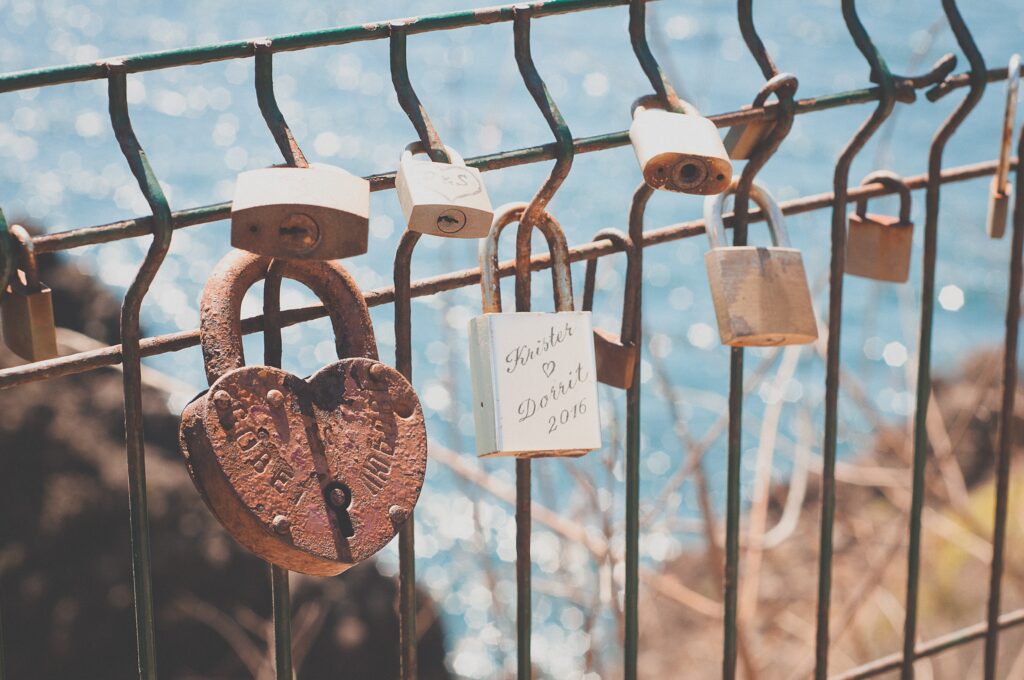
Challenges in Installing a Mortise Lock
Complexity of Installation
Installing a mortise lock can be more complex compared to other types of locks. It requires precise measurements, careful chiseling, and proper alignment for a successful installation. Due to its intricacy, it is advisable to consult a professional locksmith for the installation to ensure that it is done correctly and efficiently.
Existing Door Compatibility
Another challenge in installing a mortise lock is ensuring compatibility with the existing door. Mortise locks are designed to be installed on doors that have been specifically manufactured to accommodate them. If your door does not have a pre-existing mortise pocket, the door may need to be modified or replaced to fit the lock properly. A professional locksmith will be able to assess the compatibility and make the necessary adjustments, if required.
Steps Involved in Installing a Mortise Lock
Preparing the Door
Before installing a mortise lock, the door must be properly prepared. This involves measuring and marking the position where the mortise lock will be installed. It is crucial to ensure accurate measurements to avoid any misalignments during the installation process.
Marking and Chiseling
Once the measurements have been taken, the next step is marking the actual locations for chiseling. This involves marking the outline of the mortise pocket and other openings on the door. Precise marking is important to ensure that the mortise lock fits perfectly and operates smoothly.
After marking the locations, the chiseling process begins. This involves using a chisel to remove material from the door within the marked areas. The depth and width of the mortise pocket must be carefully chiseled to match the dimensions of the lock body.
Lock Installation
Once the mortise pocket has been created, the actual installation of the lock components can take place. This includes inserting the lock body into the mortise pocket and securing it in place with screws. The lock cylinder is then inserted, followed by the latch or bolt mechanism. Finally, the trim or escutcheon plates are attached to the door to provide a finished look.
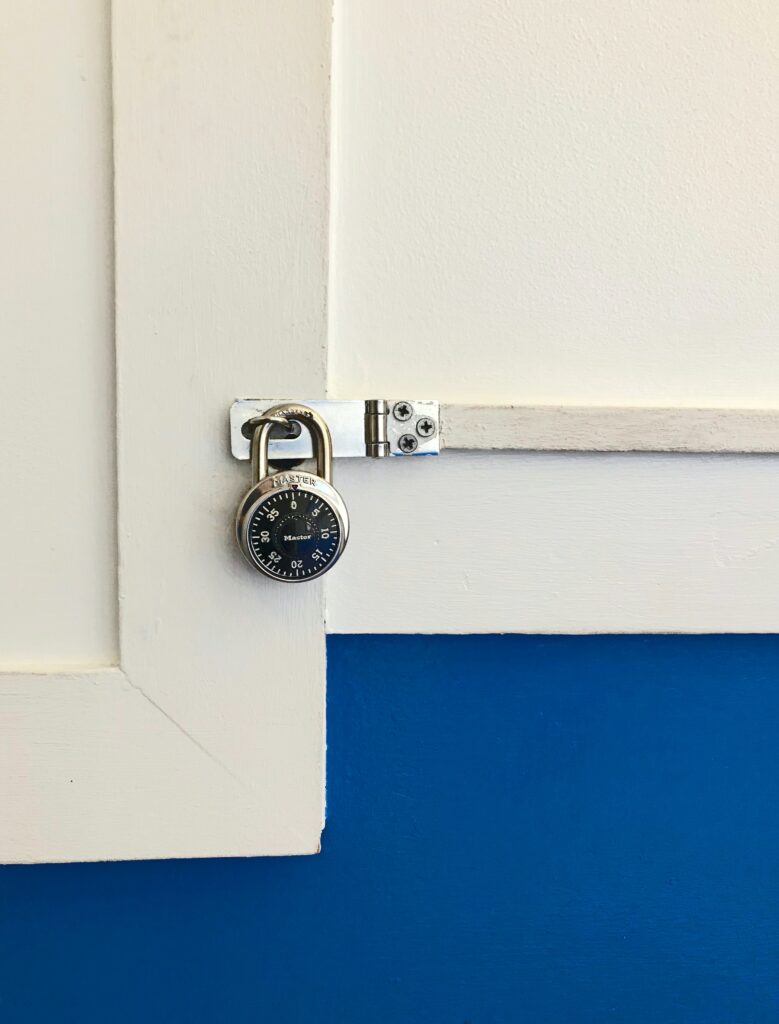
Tools Required for Installing a Mortise Lock
Chisel
A chisel is a critical tool for installing a mortise lock as it is used to remove material from the door to create the mortise pocket. It is important to choose a sharp and high-quality chisel to ensure clean and accurate cuts.
Drill
A power drill or a drill press with appropriate drill bits is necessary to create holes for the lock cylinder and other openings required for the lock installation. The drill should be capable of accurately drilling precise holes without splintering or damaging the door surface.
Screwdrivers
Various screwdrivers, including Phillips and flathead screwdrivers, are required for installing the lock components, such as attaching the lock body and securing the trim or escutcheon plates.
Mallet
A mallet is used to gently tap the chisel and make precise cuts when creating the mortise pocket. It helps ensure controlled and accurate chiseling without damaging the door or the surrounding areas.
Tips for DIY Mortise Lock Installation
Measuring and Marking with Precision
Accurate measurements and precise marking are crucial for a successful DIY mortise lock installation. Take the time to measure multiple times and double-check before making any markings on the door. Use a reliable measuring tool, such as a tape measure, and ensure the marking is visible and easily identifiable during the installation process.
Using Proper Safety Precautions
When installing a mortise lock, it is important to prioritize safety. Always wear appropriate safety gear, such as goggles and gloves, to protect yourself from potential injuries. Take extra care when using sharp tools, such as chisels and drills, and ensure a stable work surface to minimize the risk of accidents.
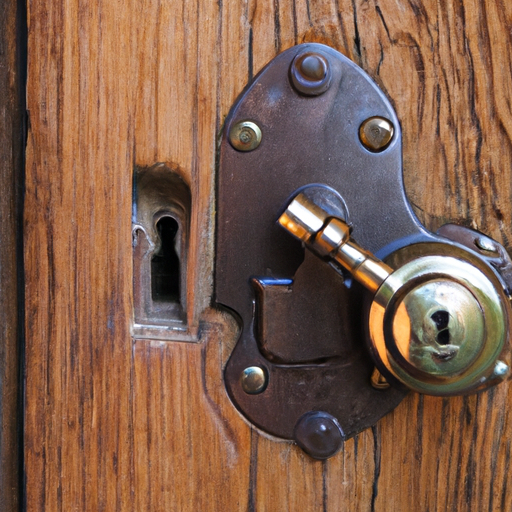
Cost considerations
Locksmith Service Charges
The cost of installing a mortise lock can vary depending on several factors, including the complexity of the installation, the region, and the locksmith’s expertise. Hiring a professional locksmith to install a mortise lock typically incurs a service charge that covers the installation labor and any additional materials needed, such as screws or strike plates. It is advisable to obtain quotes from multiple locksmiths to compare prices and choose a reliable and affordable option.
Quality of Materials
Another cost consideration is the quality of materials used for the mortise lock installation. Higher-quality materials, such as solid brass or steel, may come at a higher price point compared to lower-quality alternatives. However, investing in high-quality materials ensures better durability and improved security in the long run, making it a worthwhile investment.
When to Consult a Professional Locksmith
Lack of Experience and Skill
If you lack experience and skill in DIY projects or locksmithing, it is highly recommended to consult a professional locksmith for the installation of a mortise lock. They have the necessary expertise, tools, and knowledge to ensure a proper installation and minimize the risk of errors or damage to the door.
Time Constraints or Urgency
If you are facing time constraints or have an urgent need for a lock installation, it is best to rely on a professional locksmith. They can complete the installation efficiently and promptly, allowing you to focus on other essential tasks or address your urgent security requirements.
In conclusion, a mortise lock offers various advantages such as strength, durability, and aesthetic appeal. While installing a mortise lock can be a complex task, hiring a qualified locksmith ensures a successful installation and peace of mind. However, if you possess the necessary skills, tools, and confidence, a DIY mortise lock installation can also be a rewarding project with proper planning and attention to detail. Consider the specific requirements of your property, the level of security needed, and consult professionals when needed to make informed decisions about your mortise lock installation.
